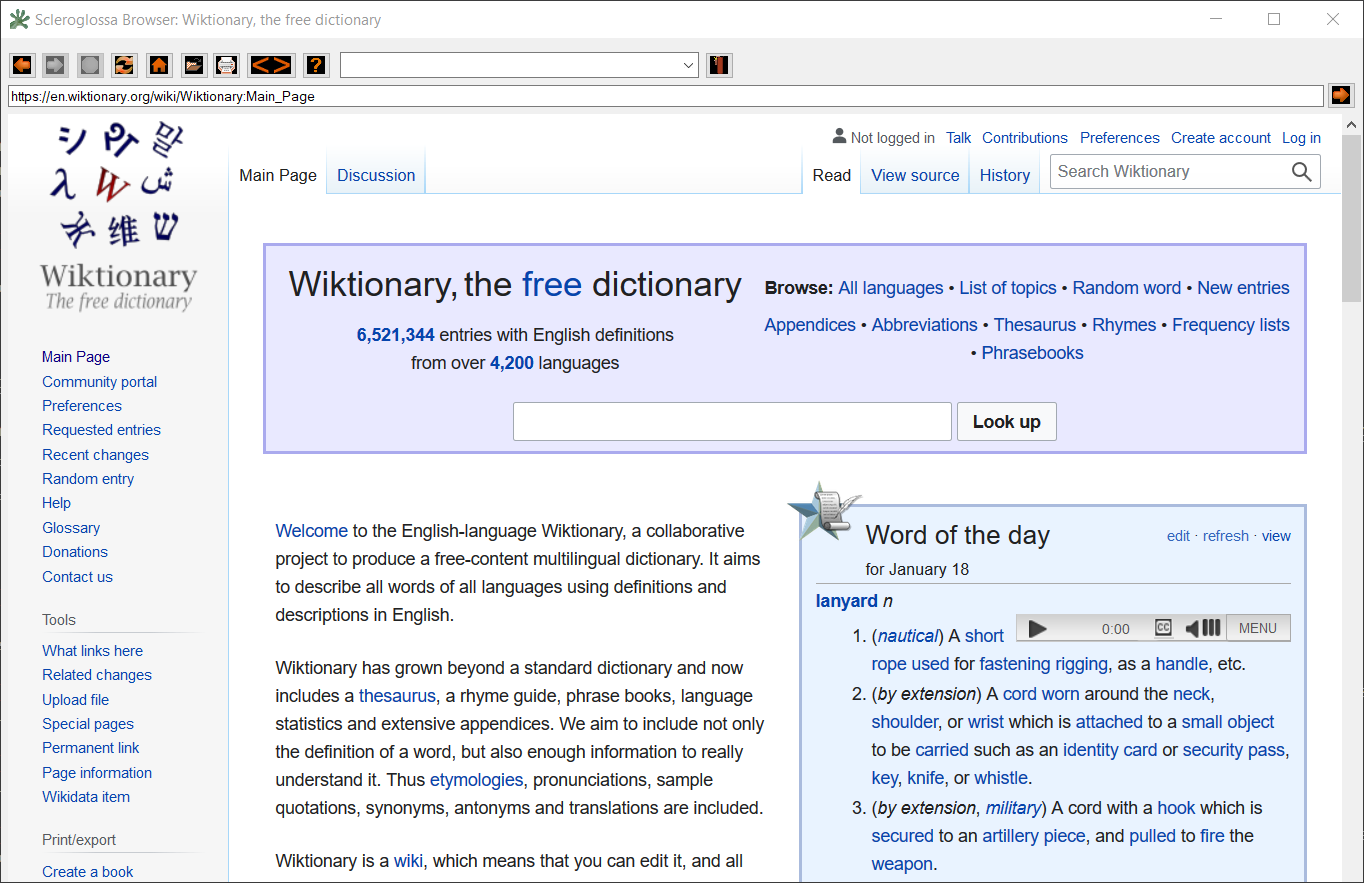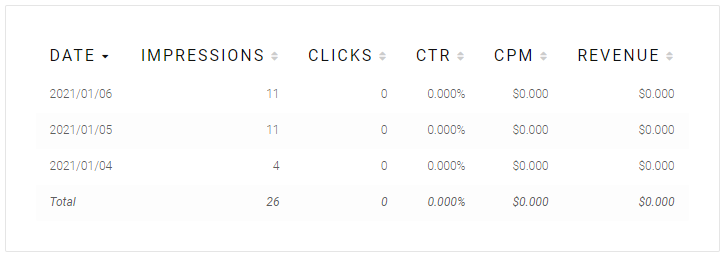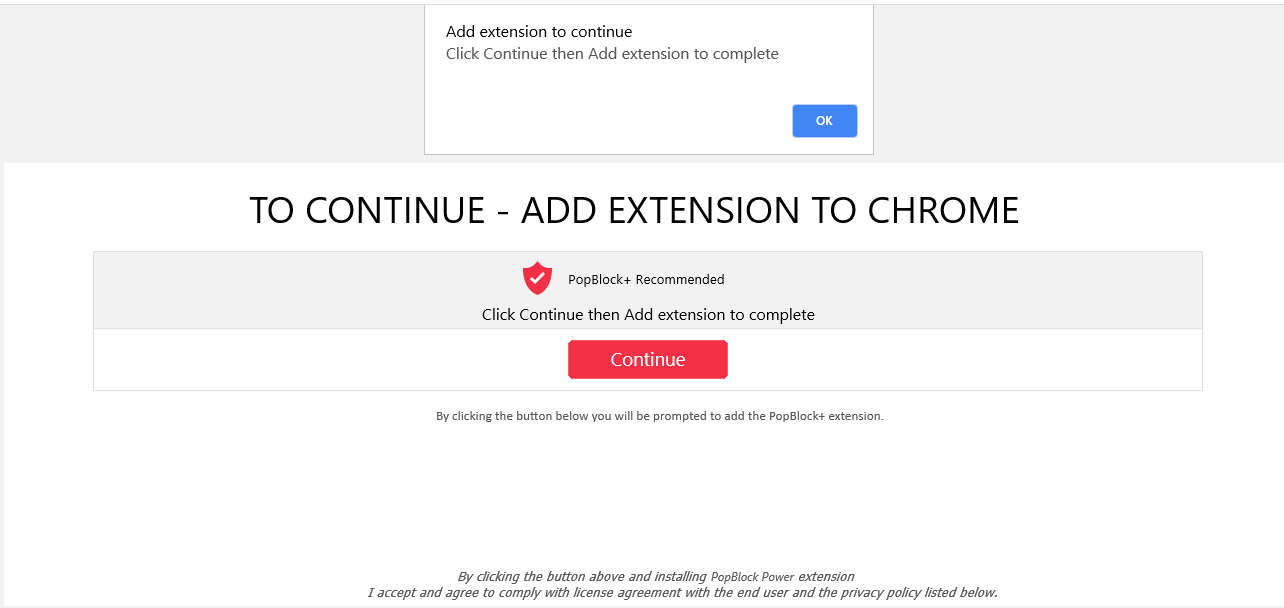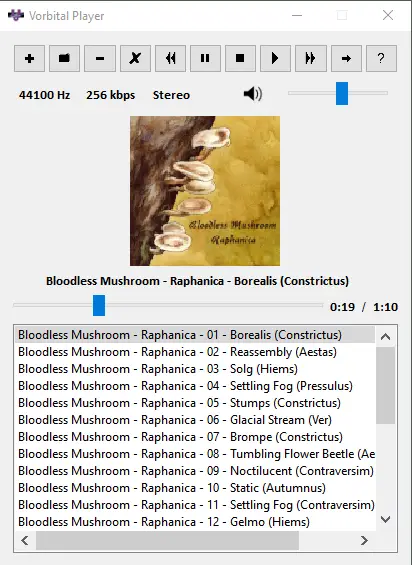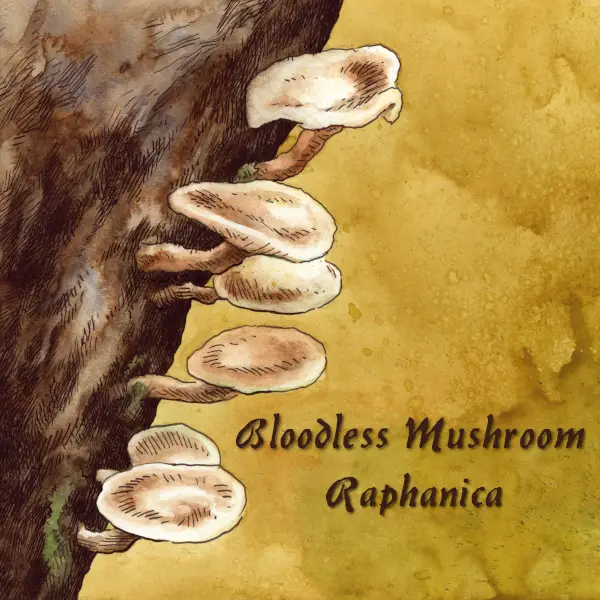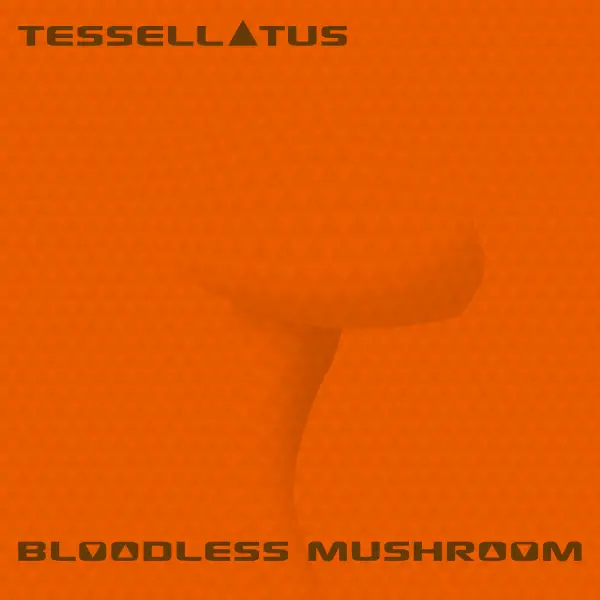Smarthost.net has some nice “storage server” deals with some very configurable options. If you want a VPS with 1TB of disk space, their offerings are pretty attractive.
For my search engine, I need hosting with a good chunk of disk space in order to hold the index. It doesn’t need to be fast storage, and it doesn’t need a lot of CPU and RAM — retrieval of index entries is fast and efficient.
This made Smarthost look pretty ideal, so I signed up and got a web server going. It worked well for about a month. So I decided to set up a second one to do some light web crawling (you don’t get enough cores on their plans to do anything heavy).
After about a week, both machines were unreachable. I contacted support and found out that the drive array had failed on the machine hosting both of them. Support tried to recover it, but ultimately it was a total failure. So the little bit of web crawling data and the search engine log data for about 2 weeks (since the last time I pulled it) was destroyed.
Annoying, but hardware failures happen.
A week later I found my crawler machine suspended because of a false positive on Spamhaus. Apparently their system is so badly-written that just visiting a domain with a web crawler can get you on a “bad list” for supposedly hosting a virus/malware. Many hosting providers, Smarthost included, will auto-suspend service for any box that gets on that list.
I got that machine removed from Spamhaus the same day and had it reactivated a few hours later to download the 200k pages or so that had been crawled, but support was pretty snarky about it. Clearly Smarthost is not a service that is compatible with what I do.
I ended up moving the web server to 1tbvps, which is slightly more expensive, but has more CPU cores and RAM, which is always nice. I moved the crawler to Digital Ocean, which is a very data-science-friendly service. We’ll see whether I have issues with those, but I suspect they will work better for my purposes.
Ultimately my 2 month experience with Smarthost ended up being a complete waste of time.
